Rising Vehicle Complexity
The increasing complexity of modern vehicles, characterized by advanced technologies and numerous electronic components, drives the demand for Automotive Warranty Management Software Market. As vehicles become more sophisticated, manufacturers and dealers face challenges in managing warranties effectively. This complexity necessitates robust software solutions that can handle diverse warranty claims, track parts, and ensure compliance with manufacturer guidelines. The Automotive Warranty Management Software Market is projected to grow as stakeholders seek to streamline warranty processes and enhance customer satisfaction. With the automotive sector evolving rapidly, the need for efficient warranty management systems becomes paramount, potentially leading to a market growth rate of around 10% annually.
Growing Consumer Awareness
Consumer awareness regarding warranty coverage and rights is on the rise, influencing the Automotive Warranty Management Software Market. As customers become more informed about their warranty options, they demand transparency and efficiency in warranty claims processing. This trend compels manufacturers and dealerships to adopt advanced warranty management solutions that can provide clear information and facilitate quick claims resolution. The Automotive Warranty Management Software Market is likely to benefit from this shift, as companies invest in technology to meet consumer expectations. The increasing focus on customer experience may lead to a significant uptick in software adoption, potentially increasing market size by 15% over the next few years.
Regulatory Compliance Requirements
The automotive industry is subject to stringent regulatory compliance requirements, which significantly impact the Automotive Warranty Management Software Market. Manufacturers and dealers must adhere to various regulations concerning warranty terms, consumer rights, and data protection. As these regulations evolve, the need for comprehensive warranty management solutions becomes critical. Software that ensures compliance with local and international laws can mitigate risks and enhance operational efficiency. The Automotive Warranty Management Software Market is expected to expand as companies prioritize compliance and invest in solutions that streamline warranty processes while adhering to legal standards. This focus on compliance could drive market growth by approximately 12% in the coming years.
Increased Competition Among Manufacturers
The automotive sector is witnessing heightened competition among manufacturers, prompting a greater emphasis on customer retention and satisfaction. This competitive landscape fuels the demand for effective warranty management solutions within the Automotive Warranty Management Software Market. Companies are increasingly recognizing that efficient warranty processes can serve as a differentiator in a crowded market. By leveraging advanced software, manufacturers can enhance their warranty offerings, reduce claim processing times, and improve customer service. This strategic focus on warranty management is likely to contribute to a robust growth trajectory for the Automotive Warranty Management Software Market, with projections indicating a potential increase of 8% annually as firms seek to gain a competitive edge.
Technological Advancements in Software Solutions
Technological advancements are reshaping the Automotive Warranty Management Software Market, as innovative software solutions emerge to address the evolving needs of the automotive sector. The integration of artificial intelligence, machine learning, and data analytics into warranty management systems enhances their capabilities, allowing for more accurate claim assessments and predictive analytics. These advancements enable manufacturers and dealers to optimize their warranty processes, reduce costs, and improve customer satisfaction. As technology continues to evolve, the Automotive Warranty Management Software Market is poised for growth, with an anticipated increase of 10% in market size as companies adopt cutting-edge solutions to stay competitive and meet consumer demands.


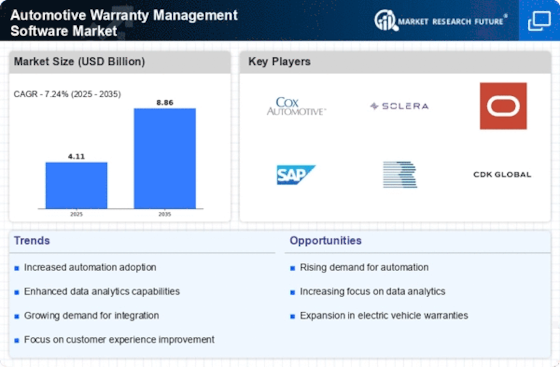
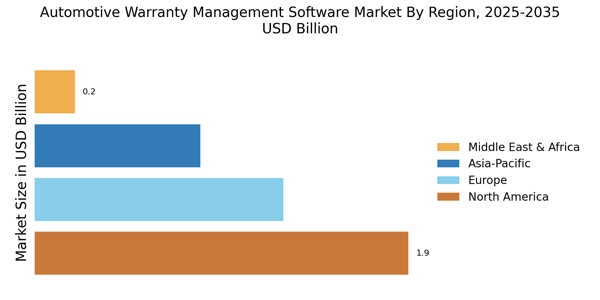
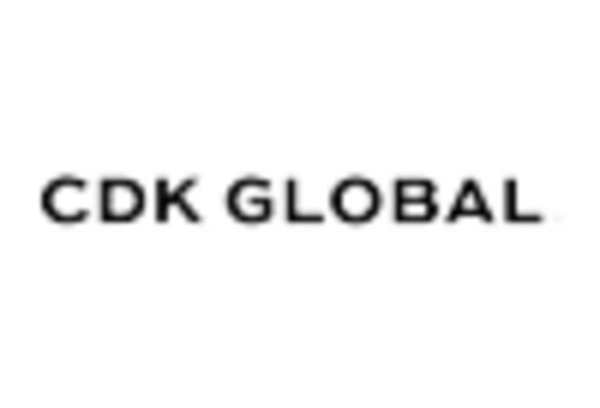
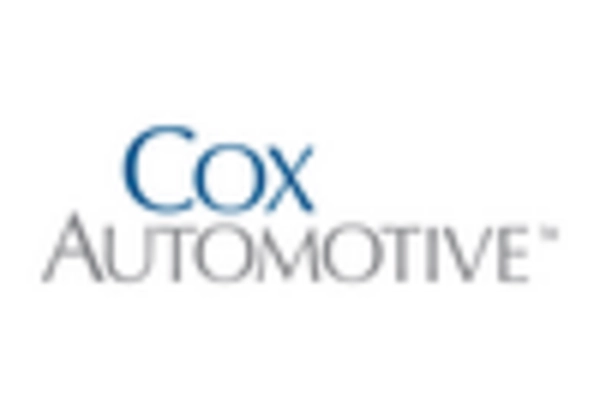



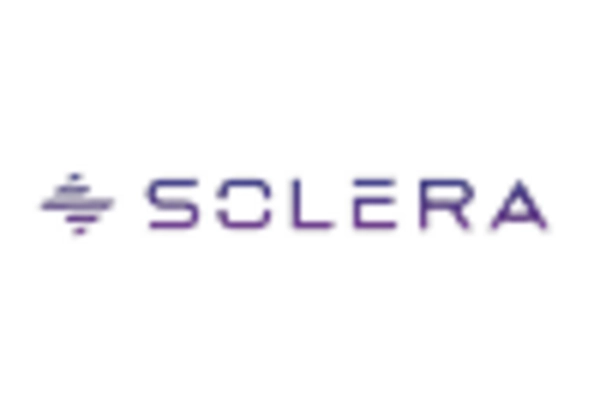








Leave a Comment